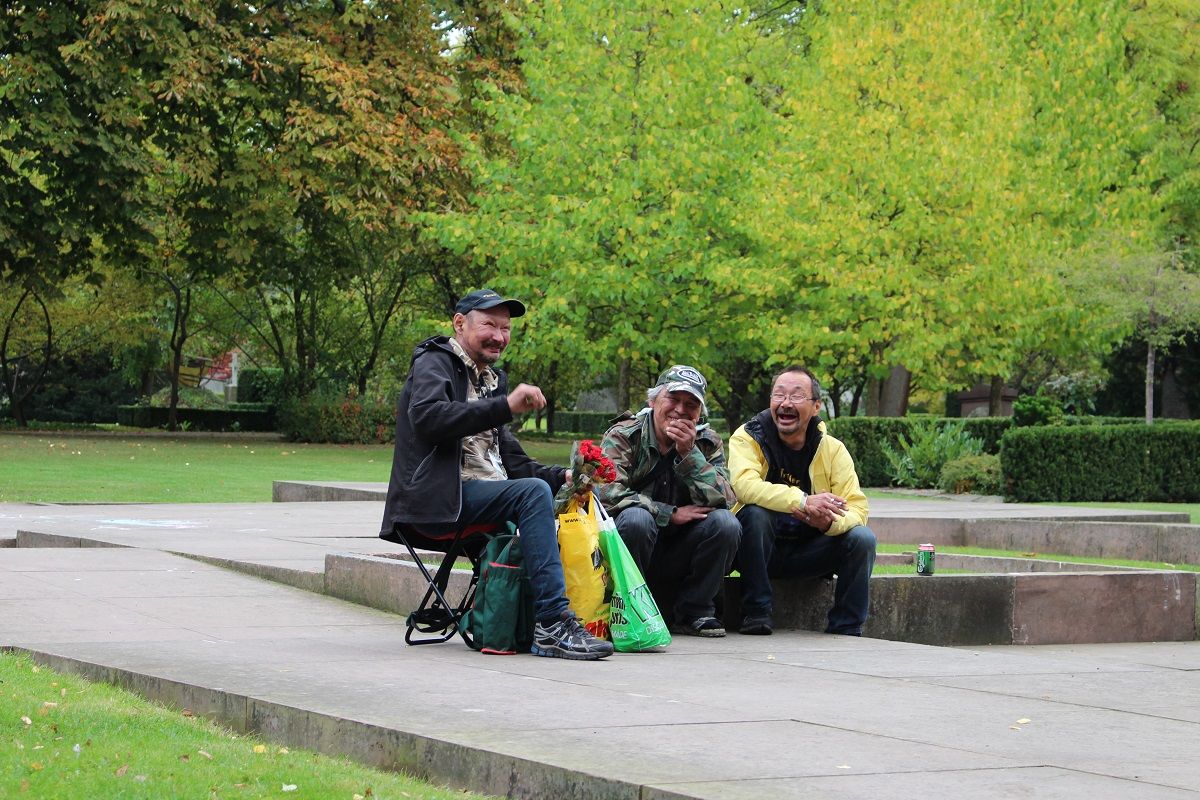The government has unveiled plans to strengthen the civil society of one of Denmark’s most vulnerable groups: the Greenlandic community.
The decision comes in the wake of a new report from the national welfare research centre SFi that shows that many Greenlanders have difficulty taking care of themselves in Denmark.
“Despite many Greenlanders in Denmark doing fine, it hurts to see so many settle here,” said the social and internal affairs minister, Karen Ellemann. “So it’s important that those who are in the risk group are taken care of immediately upon arrival to Denmark.”
“We are lucky to have a strong and passionate Greenlandic civil society in Denmark that works hard to help those who have moved here, and we must support them. We’ve promised to help and we will.”
READ MORE: More homeless people in Denmark
Vulnerable group
The SFi report (here in Danish) revealed that just 35 percent off Greenlanders aged 25-60 and living in Denmark have a job – a huge contrast to the 80 percent of Danes in the same age group.
The findings also revealed that a higher percentage of Greenlanders received social benefits, were homeless and were treated for alcohol abuse than Danes.
The report also included a progress analysis of 221 Greenlanders who arrived in Denmark in 2007. The analysis investigated their development until 2012 and found that their situation didn’t improve after spending five years in Denmark.














